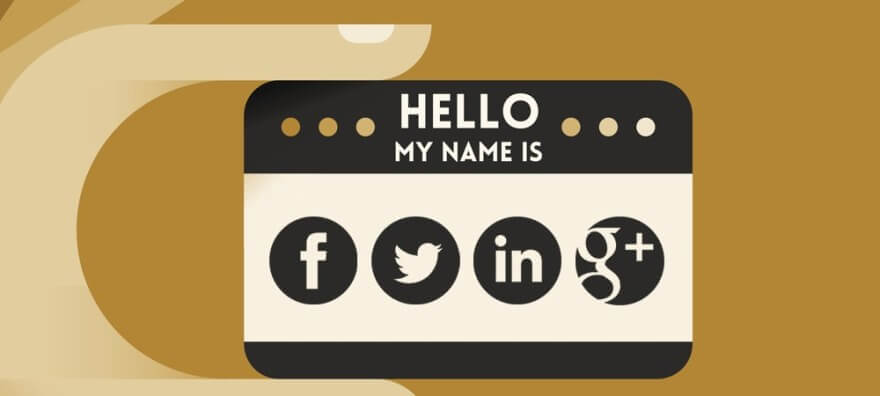Nowadays social networks are the most used platforms by users on the internet, there are many services that allow us to share information with other users, be in contact with family and friends and even give opinions about many things such as products, services or community help
There are many types of social networks but what they all have in common is that our data can be exposed with great ease.
Keep in mind that social networks are widely used platforms by both private users and companies. There are many options that we can use. Some of the most popular are Facebook, Twitter or Instagram, but there are many more on the Internet.
We must also know that they are present in all types of platforms and operating systems. We can connect from our phones, tablets, computers, etc.
The problem of having such widely used platforms is that they are also targeted for hackers. They can set their sights on stealing user data and information. They could even use that information for criminal purposes.
What can these informative pirates do with our identity in social networks?
In social networks we usually show personal information. Minimum we may put our first and last name. Sometimes even our e-mail address is exposed, as well as other data that can be compromised and with all this information hackers can:
- Create fake profiles Thus they would supplant our identity and could create profiles in other social networks and platforms without our consent. This can be useful for several things, such as including us in spam campaigns or artificially promoting a certain service on the network. They could also create a fake profile with our name to be able to add contacts and be able to carry out hypothetical attacks.
- Register on platformsThey could also register us on platforms while using our data. One more way to profit at the cost of our personal information. This is relatively simple and could be achieved simply by knowing certain personal data that we can filter on social networks.
- Use our data to carry out attacksThey could impersonate our identity to carry out cyber attacks. If we receive an email, for example, when it comes from a friend, we will be more likely to open it, than if we receive it from someone we do not know because it's uncertain what may be behind. This is something that cybercriminals know and use a lot. They can steal our information in order to send an e-mail or any message via social networks on our behalf and to any contact of ours. This way they could send a link that is a Phishing attack, for example, with the aim of falling into the trap.
- Sell the data to third partiesWe already know that information on the Internet has great value today. Something they could do perfectly is sell all the data they can collect on our social networks. There are many marketing companies that are looking for ways to get information from many users to put them in campaigns or be able to profit in some way. This is, in short, one of the issues to consider.
- Attack us in a more personalized waySomething like what we mentioned that they can use our data to attack friends, but this time directly to us. If a hacker manages to steal our personal data to obtain relevant information, he could carry out a Phishing attack. If we receive a generic email, without our name, it is more complicated that we open it or fall into the trap than if we receive an email that is addressed to us.
In short, these are some issues that must be taken into account. Hackers could obtain our social media data for a variety of purposes.

